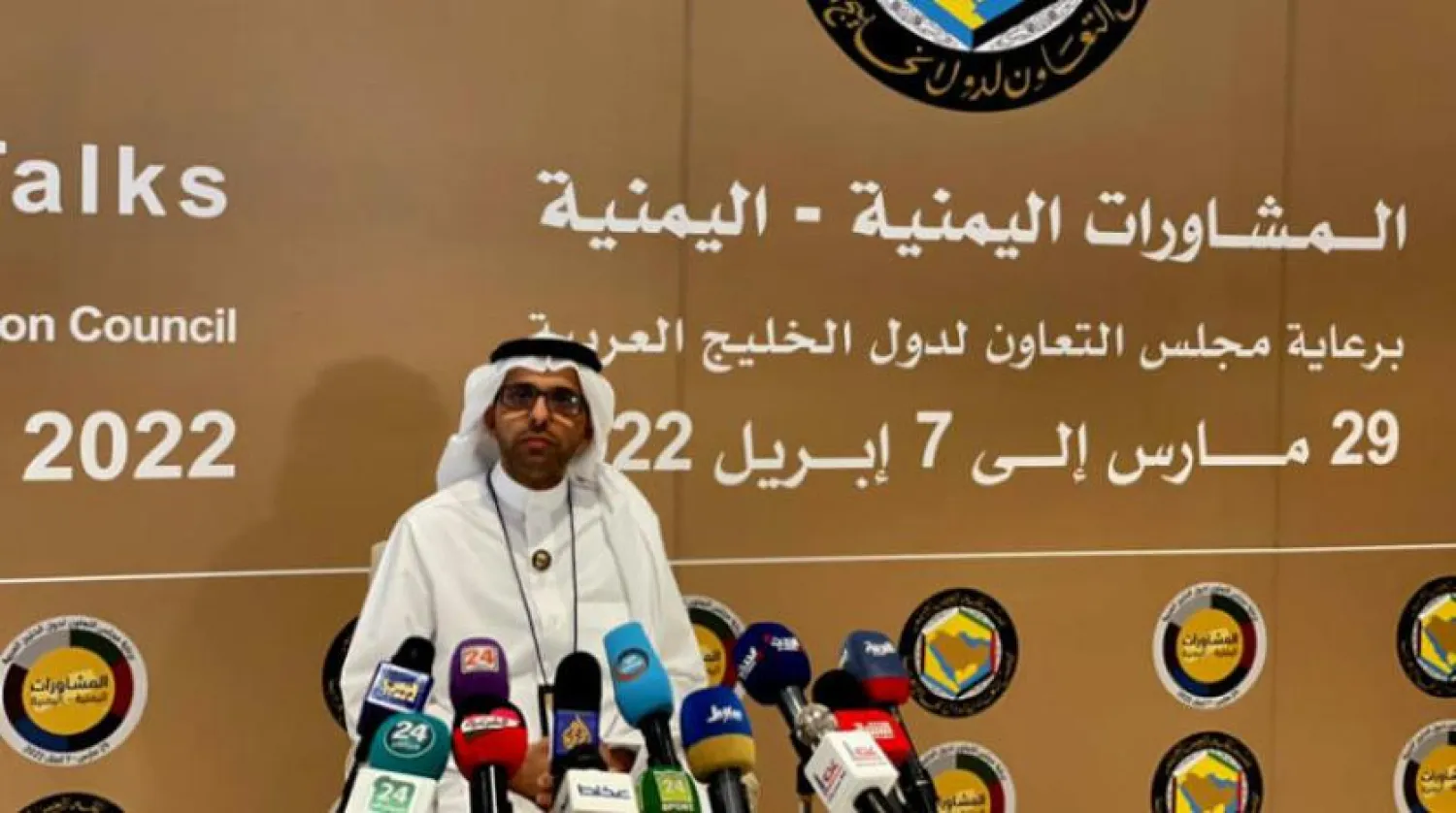After six days of discussions in Riyadh, gatherers at the intra-Yemeni consultations began drafting solutions and a roadmap that would address the challenges confronting their country's security and stability.
The Gulf Cooperation Council is sponsoring the talks that kicked off last week.
GCC Ambassador to Yemen Sarhan Al-Minaikher said consensus has prevailed throughout the talks.
Speaking at a press conference at the conclusion of Tuesday's talks, he stressed that "everyone, without exception, is in agreement on the need to lead their country to stability and prosperity."
"We are celebrating the success of the talks," he declared.
"Everyone is optimistic. The Yemeni people are pinning their hopes on their representatives at these consultations," he added. "They have started to draft a roadmap that would lead Yemen to safety and prosperity."
Yemen will find the needed support from its brothers at the GCC, stressed the ambassador.
In recent days, the gatherers tackled the challenges and obstacles facing their country. On Monday they met with the government. Everyone, without exception, is keen on dedicating themselves in service of the citizen inside and outside Yemen, continued Al-Minaikher.
They are determined to bolster state institutions and enable them to serve the people, he stressed.
He reiterated that the solution to Yemen's problems lies in the hands of Yemenis themselves. The GCC will not oppose any agreement they reach.
He said the gatherers are holding open and expanded meetings with the government to address all pressing issues.
They started to draft solutions on Tuesday. The consultations are set to conclude on Thursday.
Al-Minaikher also reiterated that the consultations are not a substitute to UN negotiations or the Gulf initiative. Rather, the consultations are a path that boosts the chances of peace and the UN negotiations.
Lutfi Numan, a participant at the talks, spoke of a "more realistic approach" being adopted in addressing the performance of the legitimate government, underscoring the need to reform it.
This is an issue that enjoyed consensus at the consultations, he told Asharq Al-Awsat.
The gatherers discussed the relationship between the various components of the legitimate authority, including between the legitimacy and member states of the Saudi-led Arab coalition. They also tackled the fight against the Iran-backed Houthi militias.
On whether he believes the consultations will be a success, he remarked that whenever Yemenis come together, they appear united, but when they depart, "they return to battle."
Another participant, Abdulkarim Saeed, attended the discussions on security and the fight against terrorism.
He revealed that security challenges in all provinces were on the table. The gatherers met with the prime minister and members of government to exchange views and ideas.
Tuesday's discussions covered security solutions and recommendations that will be adopted by the consultations, he added. The government will be responsible for applying them, as well as uniting national ranks.
Discussions also covered the possibility of merging various military formations with the several security agencies active in liberated regions, he added.









